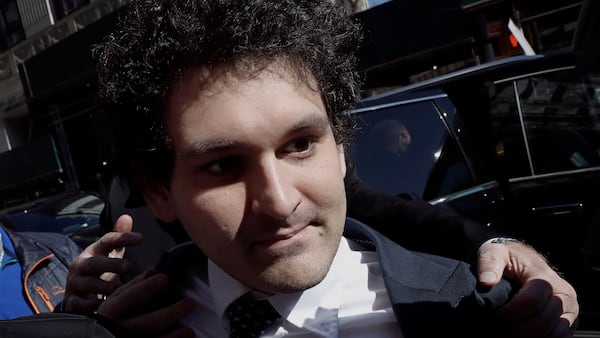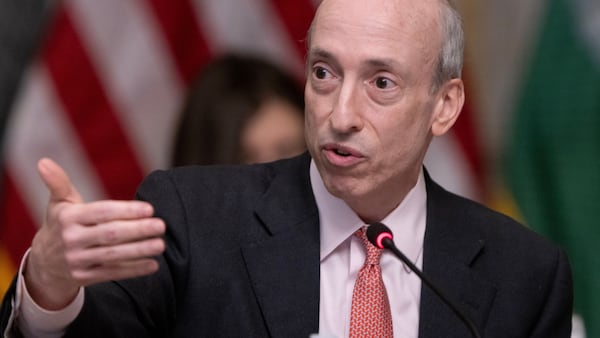- Bankman-Fried's appeal alleges bias in his fraud conviction.
- He claims FTX law firm acted as an arm of the prosecution.
- Caroline Ellison’s forthcoming sentencing may be impacted.
Sam Bankman-Fried, founder of the bankrupt FTX crypto exchange, filed an appeal against his fraud conviction, accusing the judge of bias and claiming the court consistently favoured federal prosecutors. The appeal alleges that rulings unfairly aided the prosecution, preventing Bankman-Fried from mounting a full defence.
The appeal also claims that Sullivan & Cromwell, the law firm representing FTX, acted as an arm of the prosecution.
The firm is alleged to have provided evidence and investigative support while withholding material that could have helped Bankman-Fried, all the while billing FTX for hundreds of millions. His team argues that the court’s refusal to order discovery from FTX deprived him of a fair trial. The appeal claims the court “subverted” justice by working with the prosecution, placing “a thumb on the scale.”
Bankman-Fried, who was sentenced to 25 years in prison, also claims the court’s bias created a presumption of guilt that influenced the jury. His filing asserts that FTX’s debtors were quick to brand him a “villain,” in order to shield themselves while cooperating with prosecutors.
The appeal follows a ruling last month in which FTX and its affiliate, Alameda Research, were ordered to pay $12.7 billion to customers and victims of fraud, citing misuse of funds and FTX’s collapse in 2022.
The outcome of Bankman-Fried’s appeal could have significant implications for other key figures in the FTX case, including Caroline Ellison, former CEO of Alameda Research. Ellison, who struck a plea deal and cooperated with prosecutors, is set to be sentenced later this month.
Her legal team is arguing for a non-custodial sentence, despite the severity of her charges, citing her cooperation and attempts to rebuild her life since FTX’s collapse.







